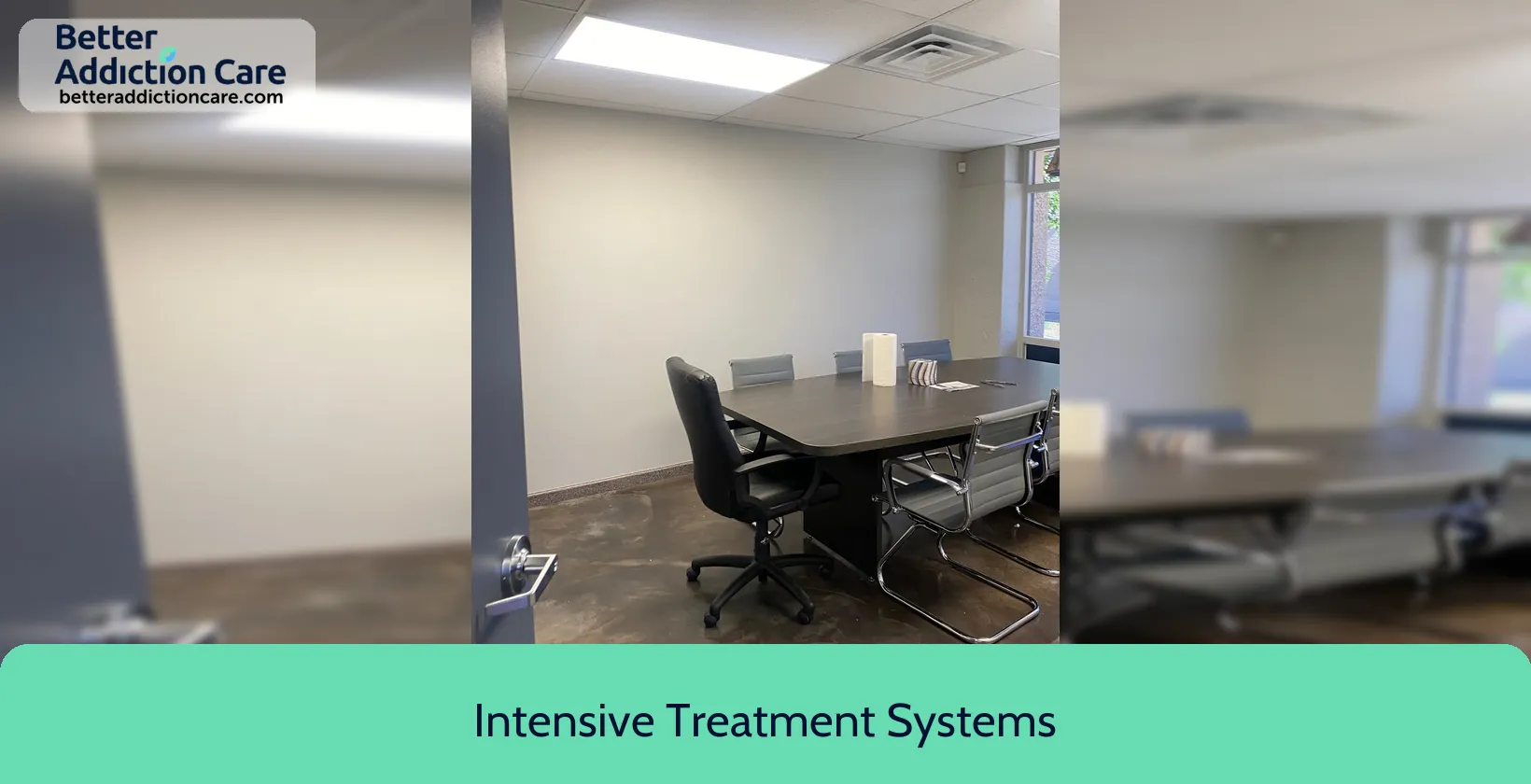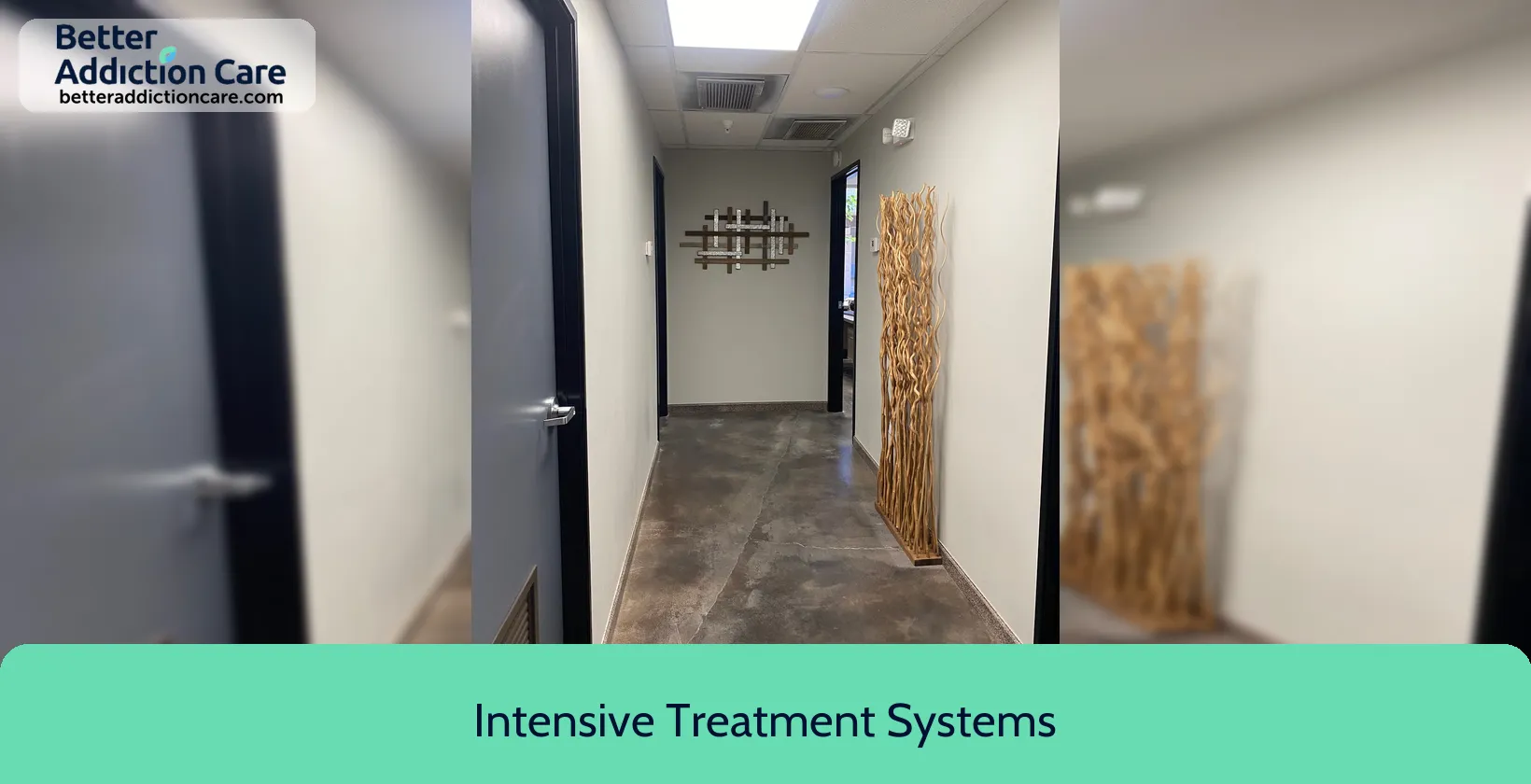Intensive Treatment Systems
Overview
Intensive Treatment Systems is an accredited substance abuse treatment center that provides outpatient treatment for men and women between 18 and 65+ years of age. As part of their special programs, Intensive Treatment Systems treats clients with co-occurring mental and substance use disorders, veterans, and active duty military. To help patients achieve sobriety, Intensive Treatment Systems provides treats alcohol detoxification, opioids detoxification, and medication routinely used during detoxification.. Afterward, patients receive cognitive behavioral therapy, telemedicine/telehealth therapy, and substance use disorder counseling during treatment. Intensive Treatment Systems is located in Mesa, Arizona, providing treatment for people in Maricopa County, accepting cash or self-payment, medicaid, and federal military insurance (e.g., tricare).
Intensive Treatment Systems at a Glance
Payment Options
- Cash or self-payment
- Medicaid
- Federal military insurance (e.g., TRICARE)
- Federal, or any government funding for substance use treatment programs
- Payment assistance (check with facility for details)
Assessments
- Screening for tobacco use
- Comprehensive mental health assessment
- Comprehensive substance use assessment
- Interim services for clients
- Outreach to persons in the community
Age Groups
- Seniors or older adults
- Young adults
- Adults
- Seniors
Ancillary Services
- Case management service
- Integrated primary care services
- Suicide prevention services
- Specially designed program for DUI/DWI clients
- Domestic violence services, including family or partner
Highlights About Intensive Treatment Systems
7.37/10
With an overall rating of 7.37/10, this facility has following balanced range of services. Alcohol Rehabilitation: 8.00/10, Drug Rehab and Detox: 7.54/10, Insurance and Payments: 6.00/10, Treatment Options: 7.94/10.-
Alcohol Rehabilitation 8.00
-
Treatment Options 7.94
-
Drug Rehab and Detox 7.54
-
Insurance and Payments 6.00
Accreditations
State department of health:

Government agencies issue State Licenses, granting rehabilitation organizations permission to operate their businesses lawfully within specific geographic regions. The specific licenses needed for legal operation are typically determined by the type of rehabilitation program offered by the facility and its physical location.
Commission on Accreditation of Rehabilitation Facilities (CARF):

CARF accreditation is a prestigious recognition granted to rehabilitation and human service organizations. It signifies that an organization meets high-quality standards, having undergone a rigorous evaluation process. CARF accreditation boosts an organization's credibility and ensures top-notch care for individuals with disabilities, injuries, or healthcare needs.
SAMHSA certification for opioid treatment program (OTP):
SAMHSA's Opioid Treatment Programs (OTP) Accreditation is a rigorous recognition process, signaling an OTP's commitment to high-quality care for those with opioid use disorders. It assures patients, families, and the community that the program adheres to evidence-based practices, maintains a safe environment, and employs qualified staff. This accreditation represents a commitment to addressing the opioid epidemic and promoting recovery, symbolizing quality and accountability in opioid addiction treatment.
Drug Enforcement Agency (DEA):
DEA accreditation refers to the process by which a law enforcement agency is recognized by the Drug Enforcement Agency (DEA) as having met specific training, operational, and resource requirements necessary to participate in DEA-led drug enforcement efforts. This accreditation allows the agency to perform DEA-related tasks such as conducting investigations, executing federal search warrants, and participating in joint task forces.
Treatment At Intensive Treatment Systems
Treatment Conditions
- Mental health treatment
- Substance use treatment
- Co-occurring Disorders
Care Levels
- Outpatient
- Outpatient methadone/buprenorphine or naltrexone treatment
- Intensive outpatient treatment
- Regular outpatient treatment
- Aftercare
Treatment Modalities
- Cognitive behavioral therapy
- Telemedicine/telehealth therapy
- Substance use disorder counseling
- Trauma-related counseling
- Smoking/vaping/tobacco cessation counseling
Ancillary Services
Languages
- Sign language services for the deaf and hard of hearing
- Spanish
- Other languages (excluding Spanish)
- Arabic
Additional Services
- Pharmacotherapies administered during treatment
- Mentoring/peer support
- Breathalyzer or blood alcohol testing
Special Programs
- Clients with co-occurring mental and substance use disorders
- Veterans
- Active duty military
- Members of military families
- Criminal justice (other than DUI/DWI)/Forensic clients
Get Help Now
Common Questions About Intensive Treatment Systems
Contact Information
Other Facilities in Mesa

6.66
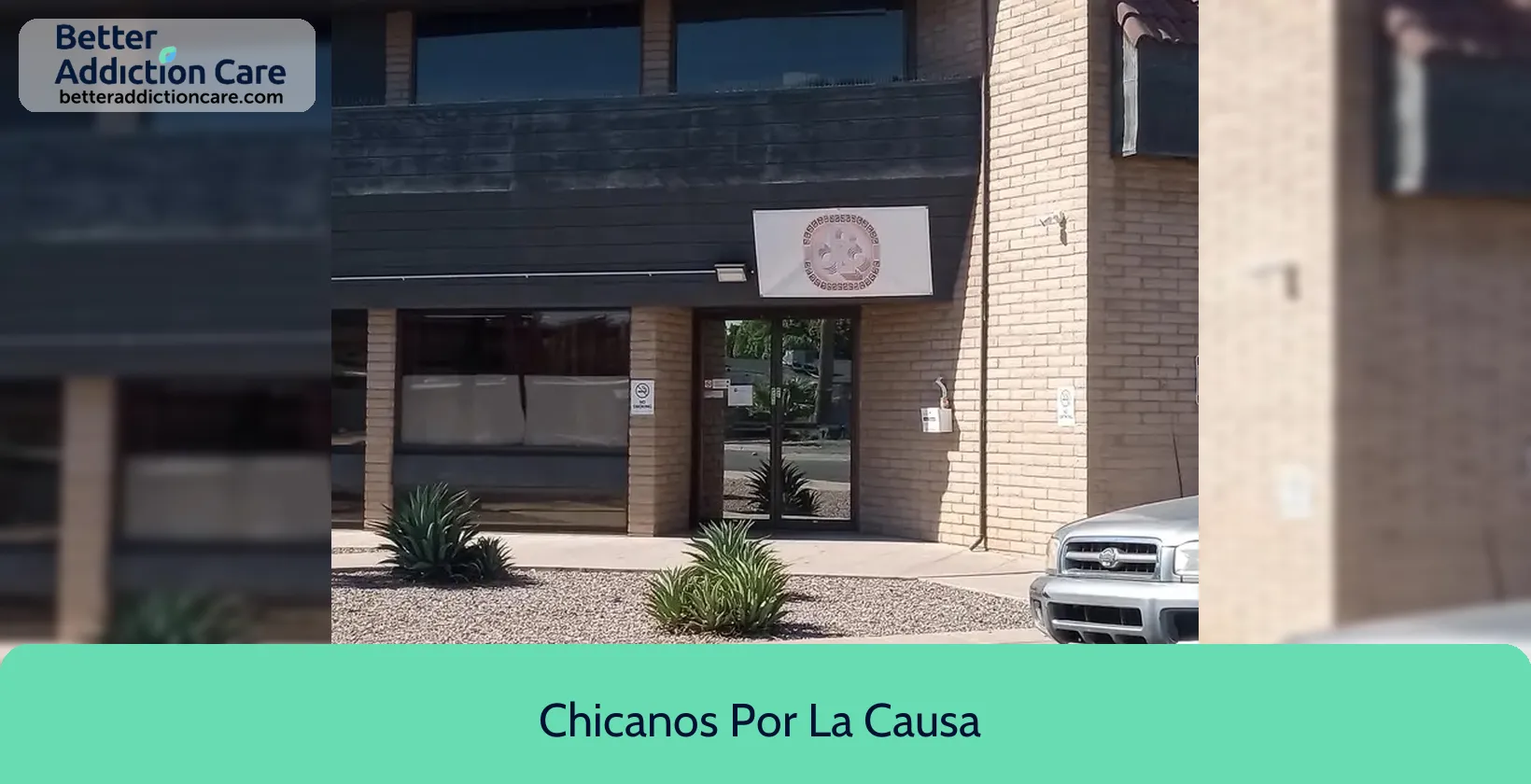
6.62

7.31
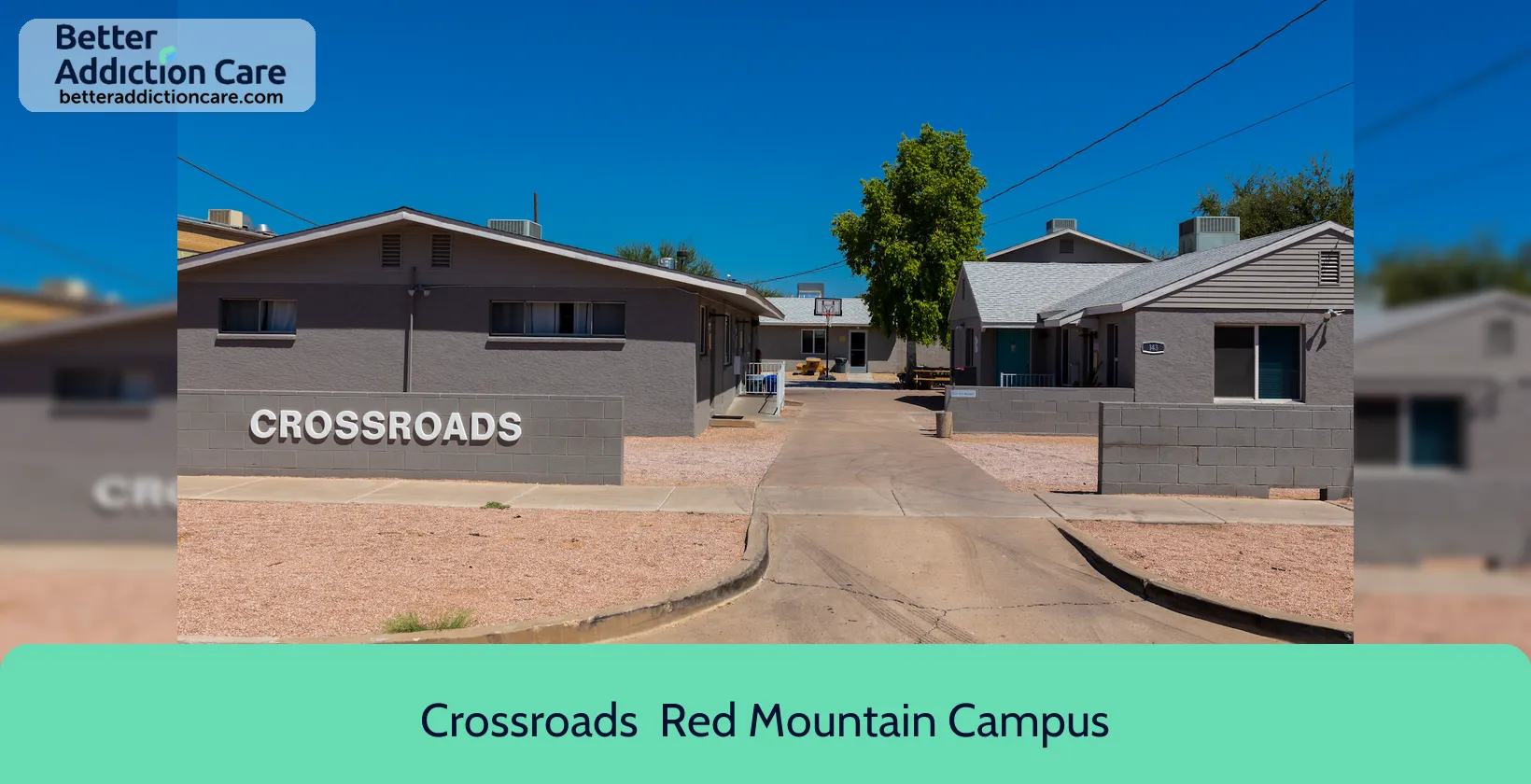
6.56
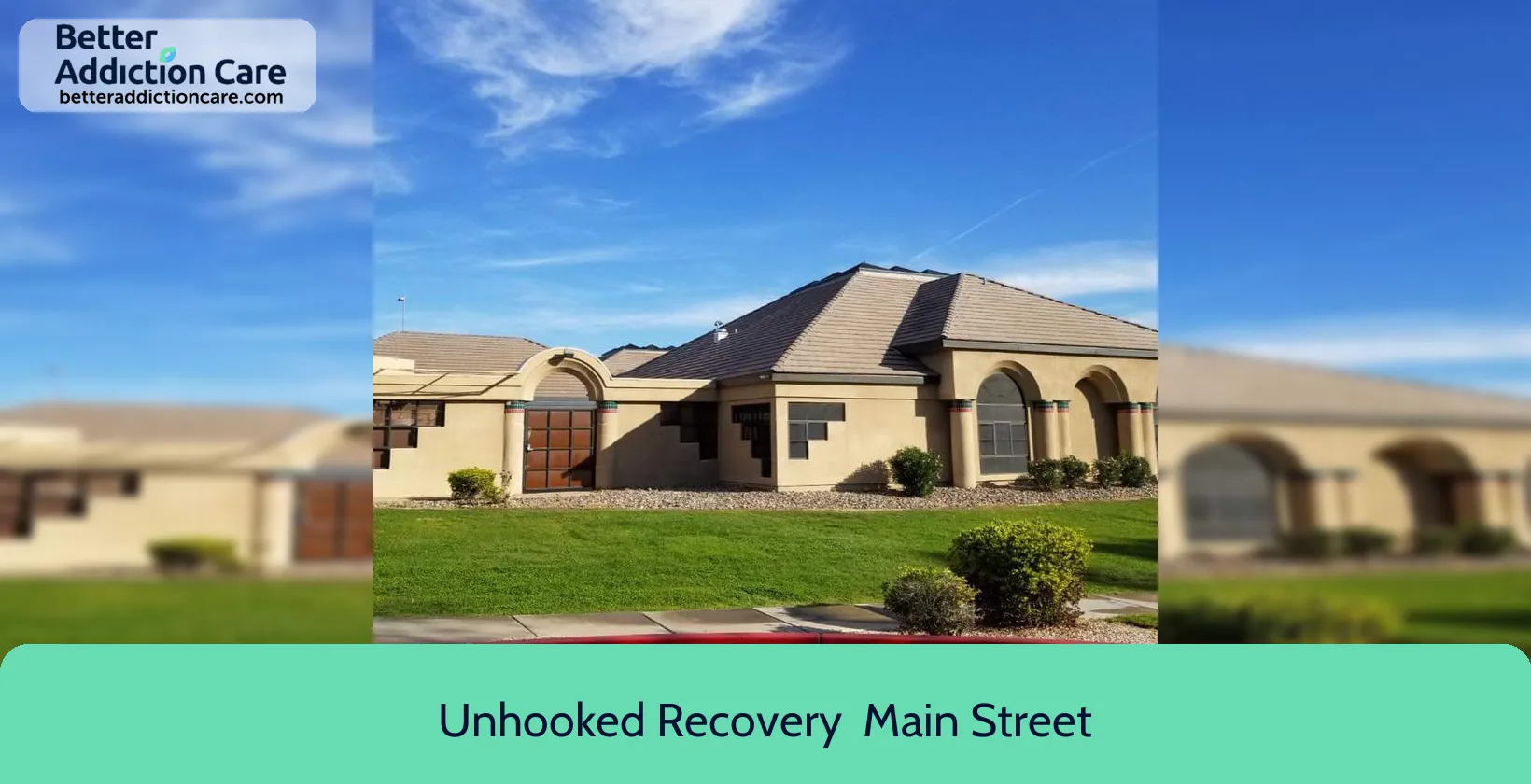
6.89

6.65

7.39

6.99
DISCLAIMER: The facility name, logo and brand are the property and registered trademarks of Valle del Sol, and are being used for identification and informational purposes only. Use of these names, logos and brands shall not imply endorsement. BetterAddictionCare.com is not affiliated with or sponsored by Valle del Sol.





